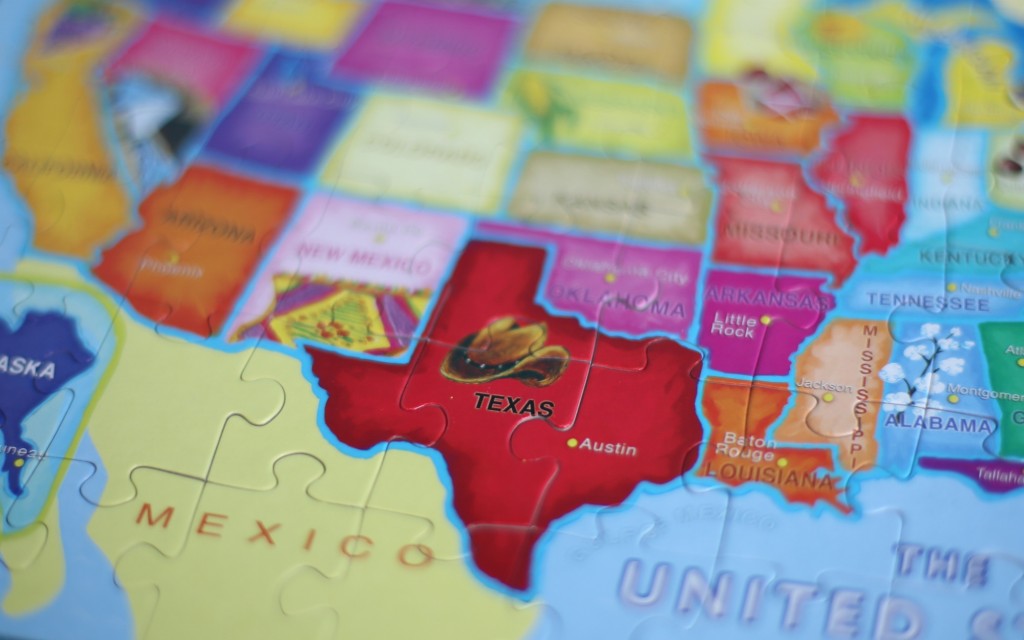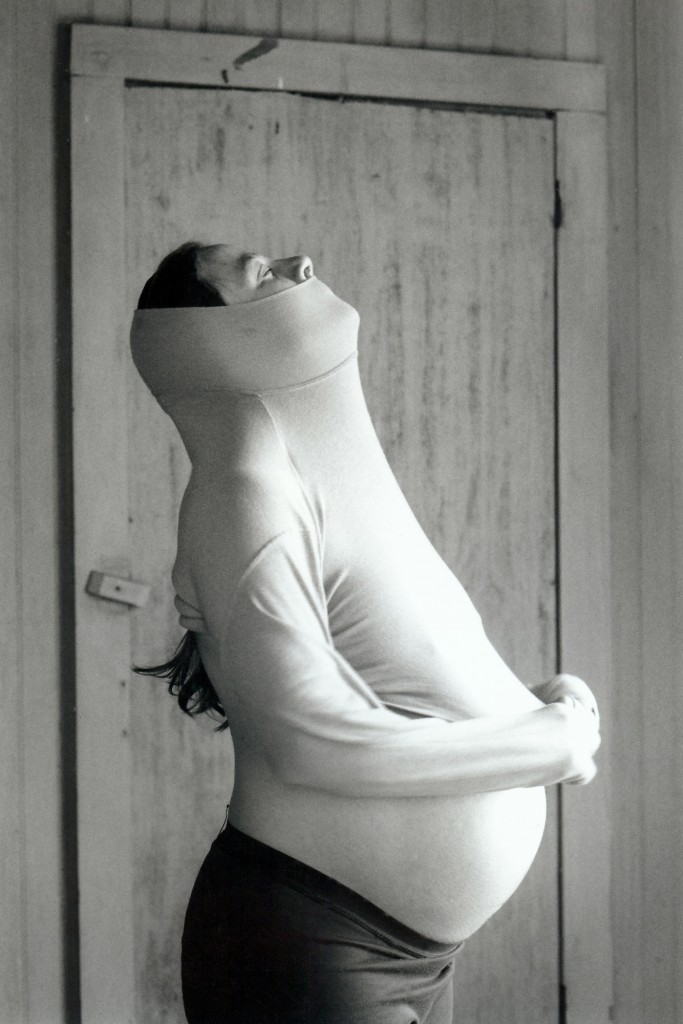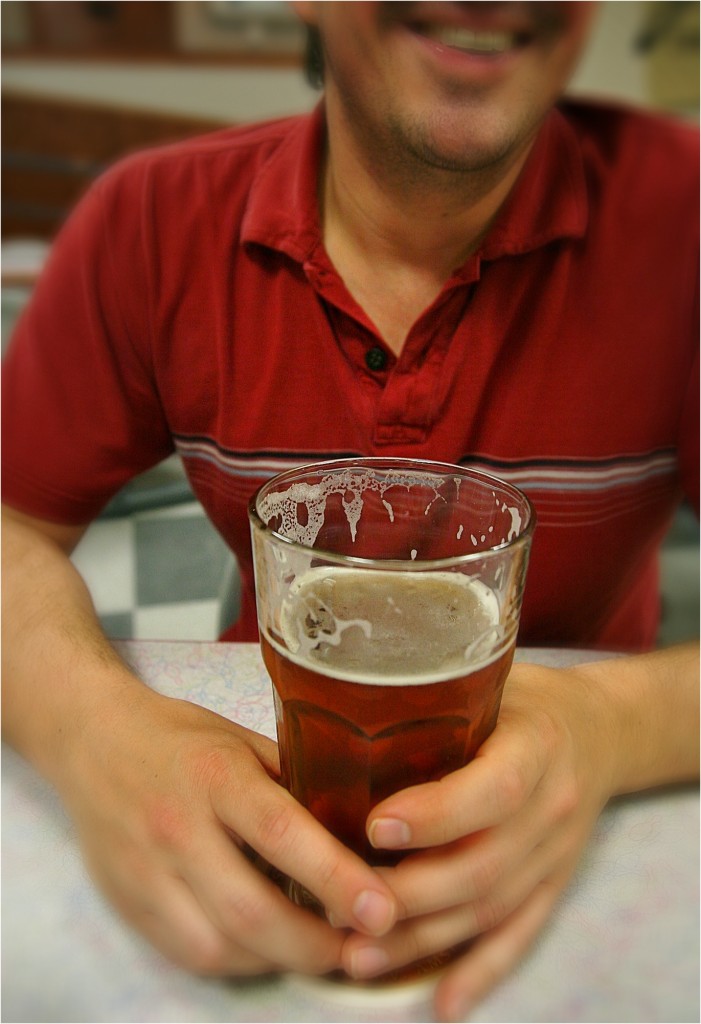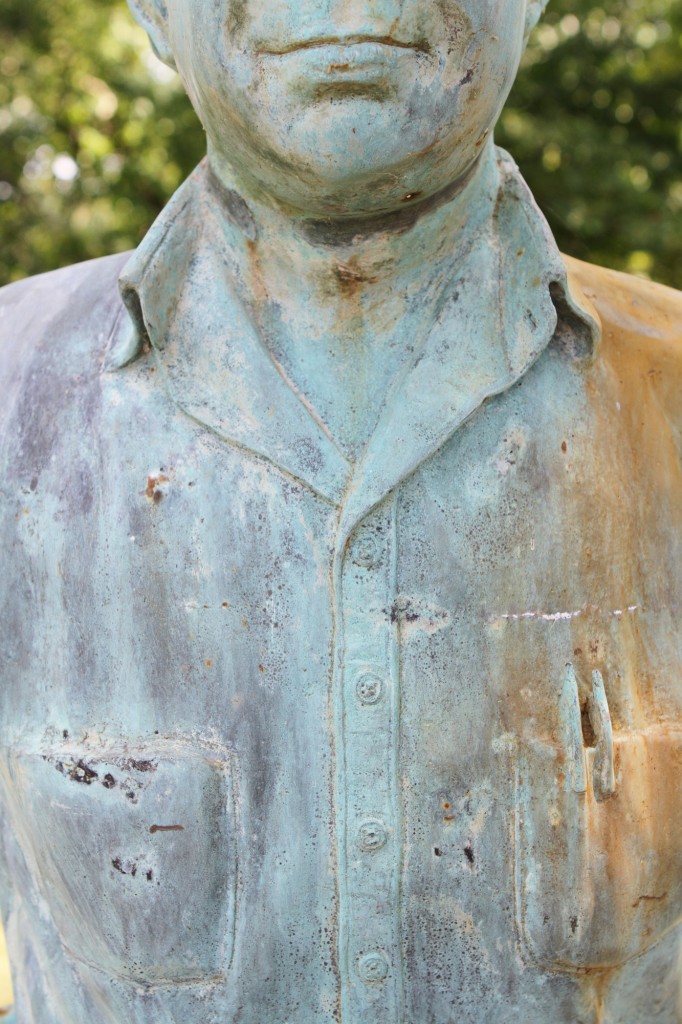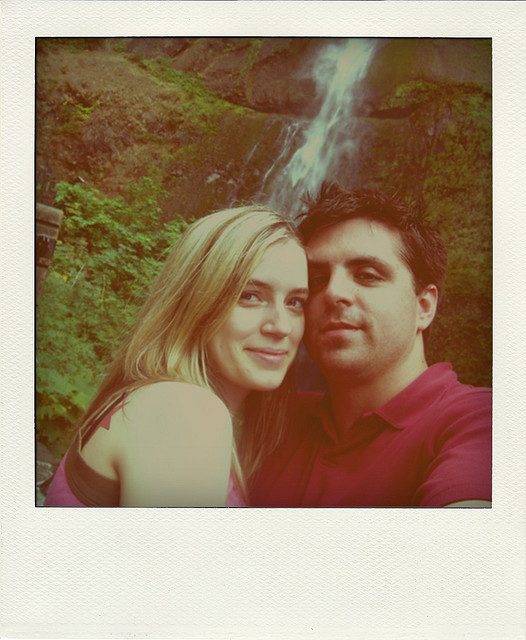
By Reyna Eisenstark
There was likely a time when I didn’t know that that long stretch of 47th Street on the west side of Manhattan was called “the diamond district,” but I can’t remember it. There was a sort of shorthand for streets in Manhattan that I learned as a kid: diamonds: 47th street, shoes: 34th Street, Indian food: 6th Street, and so on. This is the old city, the city of my parents and grandparents, that remarkably still exists inside the twenty-first century one, if you know where to look for it.
So when I found myself at the end of my marriage, panicked nearly every second about money, with my only valuable possession a diamond engagement ring buried in a tiny box on the top of my dresser, well, I pretty much knew where to go.
And so, on a hot summer day, a couple of years ago, I stood in front of a diamond exchange store on the corner of 47th Street and 6th Avenue, considering my options.
I don’t know what drew me to this particular store, but there I was. It was simply the first one I noticed. It was large and on the corner, which seemed like important details. Now, as a rule, I don’t excel at comparison shopping. In fact, when I am looking for something, I will pretty much snap up the first thing I see, and that’s it. Then I spend the next day? month? year? hearing about everyone else’s great deal on the very same thing that I should have gotten if only I’d bothered to shop around. In front of that store, I told myself that I could just see what they had to say and then try a few more places. But I knew this would be the only place I would enter.
The tiny ring was now in the pocket of my jeans. I hadn’t worn it in about a year.
The minute I entered the store, some young people rushed over. Really, I’m remembering this as a sea of twenty-somethings, men and women, descending on me. I told someone that I wanted to sell my ring. A young woman took a look at it and then there must have been some unseen communication going on (why is there no HBO drama set in the underground world of the diamond district?) because seconds later, a man in his late seventies, wearing a rumpled suit, came sweeping past everyone, took one look at my ring, and said, “Come with me, young lady.” He grabbed me by the arm and led me away. I knew at that moment that my ring was valuable. There was an actual charge in the air.
The man swept me past the crowd of young people all the way to the back of the store and up a flight of stairs into his crowded messy office, which looked probably exactly the way it had looked for the past forty years. Was there a manual typewriter? I know I’m not getting this right. He introduced himself and I’ll call him Abe Feldman, which may be his actual name; I no longer remember.
Abe Feldman was of a time when people said things like “how do you do” upon meeting someone and I wish I’d had the foresight to say such a thing. It might have given me an advantage. Instead I came across exactly as I was: hopelessly out of my element. I knew I would have to play the game I had been dreading, the ancient ritual of figuring out a price. Some people find this thrilling, I know, but for me it is simply exhausting. But Abe Feldman was raring to go.
Here is what I knew: the ring had cost six thousand dollars. The man who would become my husband, and then my ex-husband, had bought it with a credit card, which eventually we both paid off. I couldn’t imagine what the ring would be worth now, and probably I should have done extensive research into this, but I hadn’t. I knew that Abe Feldman would say some number and I would succumb pretty quickly.
I can’t remember if Abe Feldman wore one of those eyepieces that jewelers wear to look at diamonds, but let’s just say that he did. He spoke fast and urgently as he examined the ring, explaining that it had a slight crack in it (which I suddenly remembered) but that it was in decent shape.
“I’ll give you two thousand for it,” he said. He opened the safe on his desk, which I hadn’t noticed, and took out a big pile of cash. He started counted out hundred dollar bills, one at a time, flipping them onto the desk like cards, hypnotizing me. Abe Feldman was a master of seduction. He looked at me carefully and then said, “I’ll throw in another hundred,” and placed one last bill on top of the pile.
This was a ton of money. And yet, the number sounded right to me, which made me think that it was worth even more. But I wanted to stop the game, which Abe Feldman clearly knew. “Now, come on,” he said, “It’s nearly four. I have to leave. You should take the money. I’m giving you a good deal.” I had the feeling that Abe Feldman had all the time in the world. It was me who wanted to get out of there as fast as possible.
I must have agreed to it, because I remember him asking for some identification, which surprised me. Nothing at all felt legal in that tiny crowded office, but I handed him my driver’s license and he copied everything down.
It hit me at that moment that Abe Feldman was getting the deal of a lifetime and I knew that I couldn’t just give up so soon. I realized that he had seen my name. “As one Jew to another,” I began (I could be seductive too), “you know I’m supposed to bargain with you as long as I can, right?”
He smirked. “As one Jew to another,” he said, “I’m giving you a good deal.” And then I really knew there was nothing left to say.
I don’t really remember this part, but eventually I must have left his office and gone back downstairs and out onto the hot summer sidewalk. I remember thinking about Abe Feldman laughing to himself the moment I left. And maybe he did, but the best part about this was that I had a pile of money now in place of a ring that had been sitting in a tiny box on top of my dresser. And that ring, which, to be honest, I had always felt conflicted about, as I never really saw myself as a diamond-ring–wearing woman, had become more important, more useful, at the end of its life than it ever was before.
I would love to end this story with me throwing my hat in the hair all Mary Tyler Moore–like and then skipping down the street to buy myself something fabulous with all that money, or just simply strolling down the street, grinning, with an enormous sense of relief. And I would get there, eventually.
But this story actually ends with a sudden flash of memory: the man, who would later become my husband, and then my ex-husband, but now still my boyfriend, sitting on the end of our bed and asking me to marry him. And then, as we were both laughing and crying, just beside ourselves with feeling, he said simply, “I have a ring.”
And then there I was, standing on the corner of 47th Street and 6th Avenue, with thousands of dollars in my pocket and a terrible sinking feeling.
•••
REYNA EISENSTARK is a freelance writer living in Chatham, New York. You can read more of her essays at reynaeisenstark.wordpress.com.

 Follow
Follow
